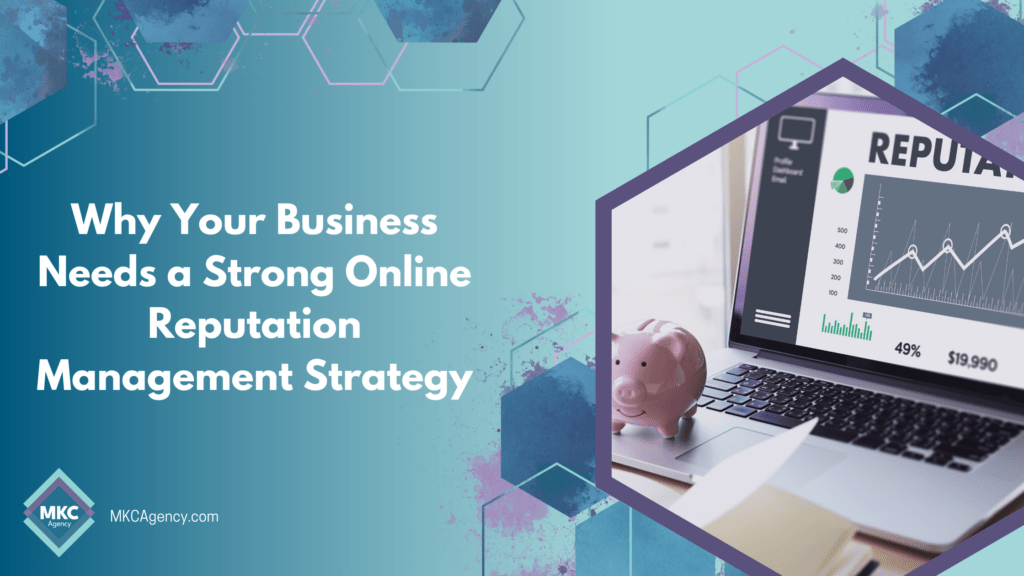In the digital age, your business’s reputation doesn’t just live in word-of-mouth or local news—it lives online. From Google reviews to Twitter threads, what people say about your brand on the internet directly influences your bottom line. If you’re not actively managing your online reputation, you’re leaving your brand narrative—and potential revenue—in someone else’s hands.
Here’s why an online reputation management (ORM) strategy isn’t just a nice-to-have; it’s essential.
First Impressions Are Digital
Before someone contacts your business, they’re Googling you. Your website, reviews, and social media presence shape that crucial first impression. A single bad review—or worse, a series of unanswered ones—can steer potential customers straight to your competitors.
Stats Don’t Lie:
- 93% of consumers say online reviews impact their purchasing decisions.
- Businesses with a 4-star rating or higher earn significantly more revenue than lower-rated counterparts.
What Is Online Reputation Management?
Online Reputation Management (ORM) is the practice of monitoring, influencing, and improving how your business is perceived online. This includes:
- Responding to customer reviews (both good and bad)
- Monitoring mentions across platforms (Google, Yelp, social media, etc.)
- Publishing positive content that reflects your brand values
- Proactively managing crises before they spiral
Why It Matters
1. Trust Is Currency
People buy from brands they trust. A polished, consistent online presence builds credibility. Responding to reviews shows transparency and care.
2. Search Results Shape Perception
Negative press, bad reviews, or outdated content can surface at the top of search results. A good ORM strategy ensures your best content gets seen first.
3. Customer Retention and Loyalty
Responding to feedback—especially negative feedback—shows that you value your customers. When handled well, complaints can turn into opportunities to build loyalty.
4. Crisis Prevention
ORM helps you stay ahead of potential PR disasters. By actively monitoring what’s being said, you can respond quickly before a small issue becomes a viral nightmare.
Key Elements of a Strong ORM Strategy
Monitor Your Brand Constantly
Use tools like Google Alerts, Mention, or Brand24 to keep tabs on your brand mentions in real-time.
Respond Promptly and Professionally
Every review deserves a response—even the unpleasant ones. A calm, empathetic reply to a negative review can turn a critic into a fan (or at least neutralize the damage).
Encourage Positive Reviews
Ask satisfied customers to leave reviews on platforms that matter for your industry. Make it easy and timely.
Create and Promote Positive Content
Publish blogs, case studies, and customer success stories to push positive narratives to the top of search results.
Own Your Channels
Ensure your website, social profiles, and business listings are up to date, active, and on-brand.
Common ORM Mistakes to Avoid
- Ignoring negative reviews or comments
- Getting defensive or argumentative online
- Paying for fake reviews (a fast way to tank your credibility)
- Being inconsistent in your messaging across platforms
Your reputation walks into the room before you do—especially online. A strong online reputation management strategy builds trust, protects your brand, and gives you control over how your business is perceived. In a world where perception shapes reality, can you really afford to leave yours unmanaged?
Need help shaping and protecting your digital reputation? MKC Agency helps businesses own their narrative with ethical, strategic reputation management. Let’s talk.

